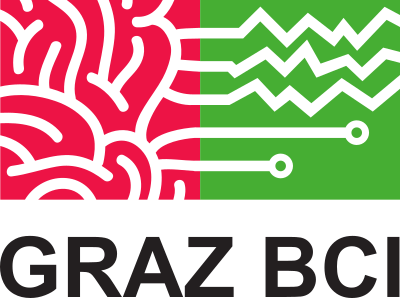A Brain-based VR game for anxiety treatment
Historically, a Brain-Computer Interface (BCI) is a system that measures central nervous system (CNS) activity and converts it into artificial output that replaces, restores, enhances, supplements, or improves natural CNS output (Wolpaw et al., 2012). In past years, BCI applications have mainly been developed for severely disabled persons providing new channels of communication and body control but in recent years BCI research have become more and more interesting for a broader community of researchers. Especially the type of BCIs, which are not consciously controlled by the user or reacting to external stimulation, called passive BCIs. These systems derive its outputs from brain activity, in order to enrich human–machine interaction with implicit information on the actual state of the user. Having access to the user’s ongoing brain activity enables applications spanning a variety of domains such as brain-activity based gaming, workload assessment, brain activity-based biometrics and neuromarketing or neuroergonomics. Currently our research focusing on passive BCI systems for healthy users with two special applications: First the investigation of unconscious like/dislike decision making and second the development of a neuro-adaptive learning environment which takes the mental state of the user into account. This brain inspired learning framework will improve language learning considering fatigue and mental workload of the user through linking BCI and MR technology. This project is in collaboration with the Institute of Computer Graphics and Vision, TU Graz.
